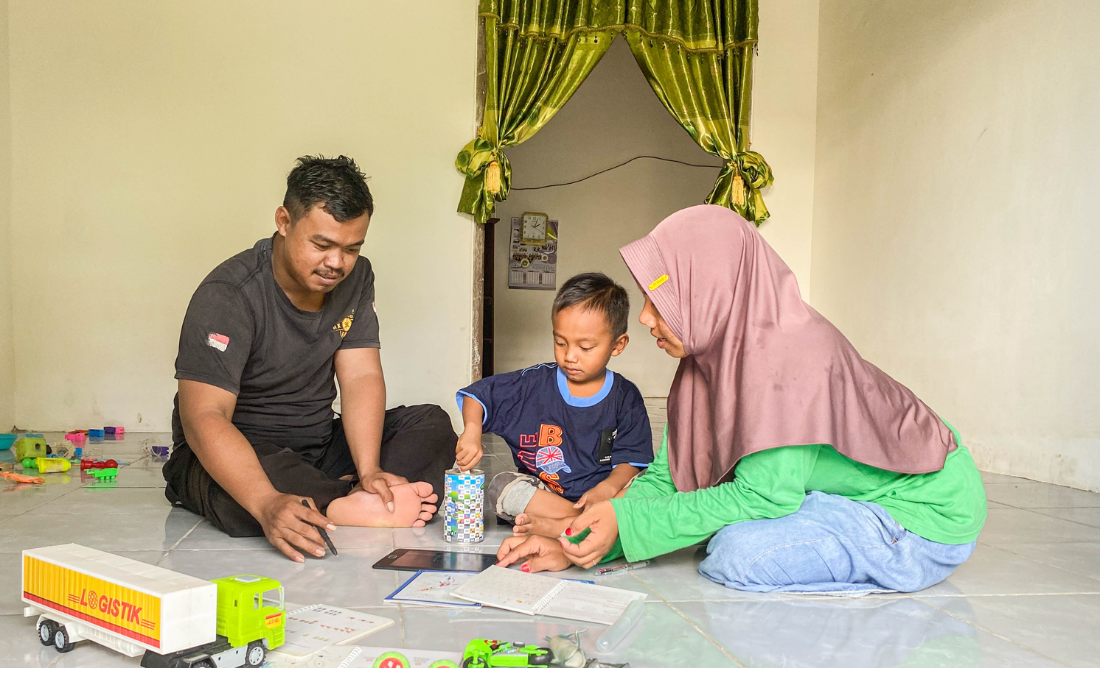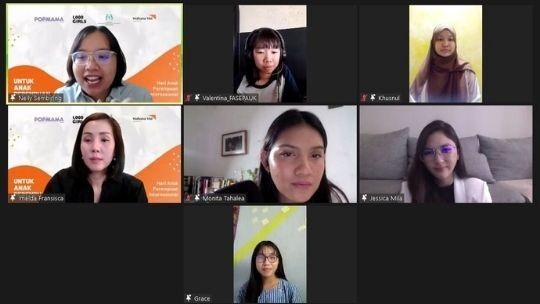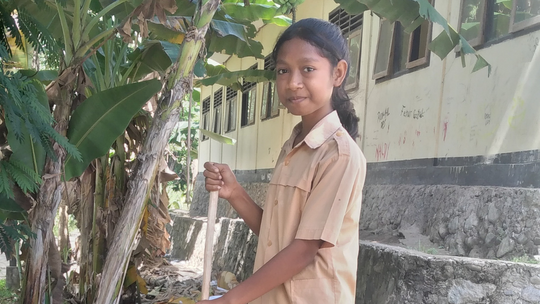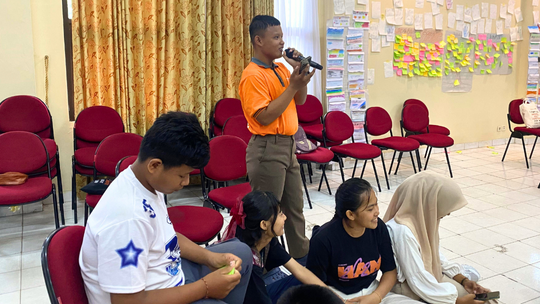Challenging Gender Roles: The Power of Positive Parenting

Femininity is often associated with traits like gentleness, patience, kindness, nurturing, empathy, compassion, and love. Masculinity, on the other hand, is linked to physical strength and is characterized by competitiveness, assertiveness, power, courage, independence, decisiveness, leadership, and logical thinking. Many of us assume that women should be feminine and men should be masculine, and these beliefs often influence how we raise our children. Mothers are typically expected to nurture and care for their children, while fathers are seen as the breadwinners.
Violence perpetrated by children, both boys and girls, can be linked to parenting practices that condone or perpetuate violence. A common belief is that if a child is violent, it must be due to their mother's upbringing. This assumption stems from the idea that child-rearing is primarily a mother's responsibility. Wahana Visi Indonesia (WVI), an organization dedicated to the well-being of children, is deeply concerned about this issue.
To address harmful parenting practices, WVI has introduced "Parenting with Love," a concept that emphasizes nurturing and affectionate parenting by both mothers and fathers. This approach challenges the notion that child-rearing is solely a mother's duty. The program promotes behaviors such as kindness, empathy, nurturing, independence, and providing a safe space for children. Participants in the program are parents from rural communities supported by WVI.
By combining positive aspects of both femininity and masculinity, parents can create a nurturing and supportive environment for their children. Children should feel comfortable communicating with their parents, learning about love, and developing the ability to make independent decisions. It is also essential to guide children to become law-abiding citizens who adhere to their religious beliefs.
"Parenting with Love" is a testament to WVI's commitment to ending violence against women and children. To truly break the cycle of violence, we must create families and communities that are free from violence. By adopting positive and non-violent parenting practices, we can help children reach their full potential.
Author: Farida Indriani (GEDSI Specialist Wahana Visi Indonesia)



